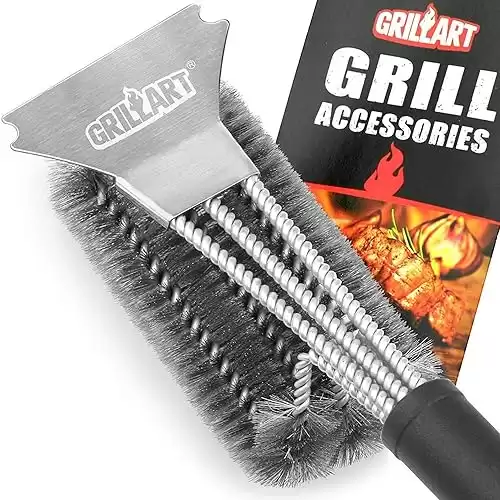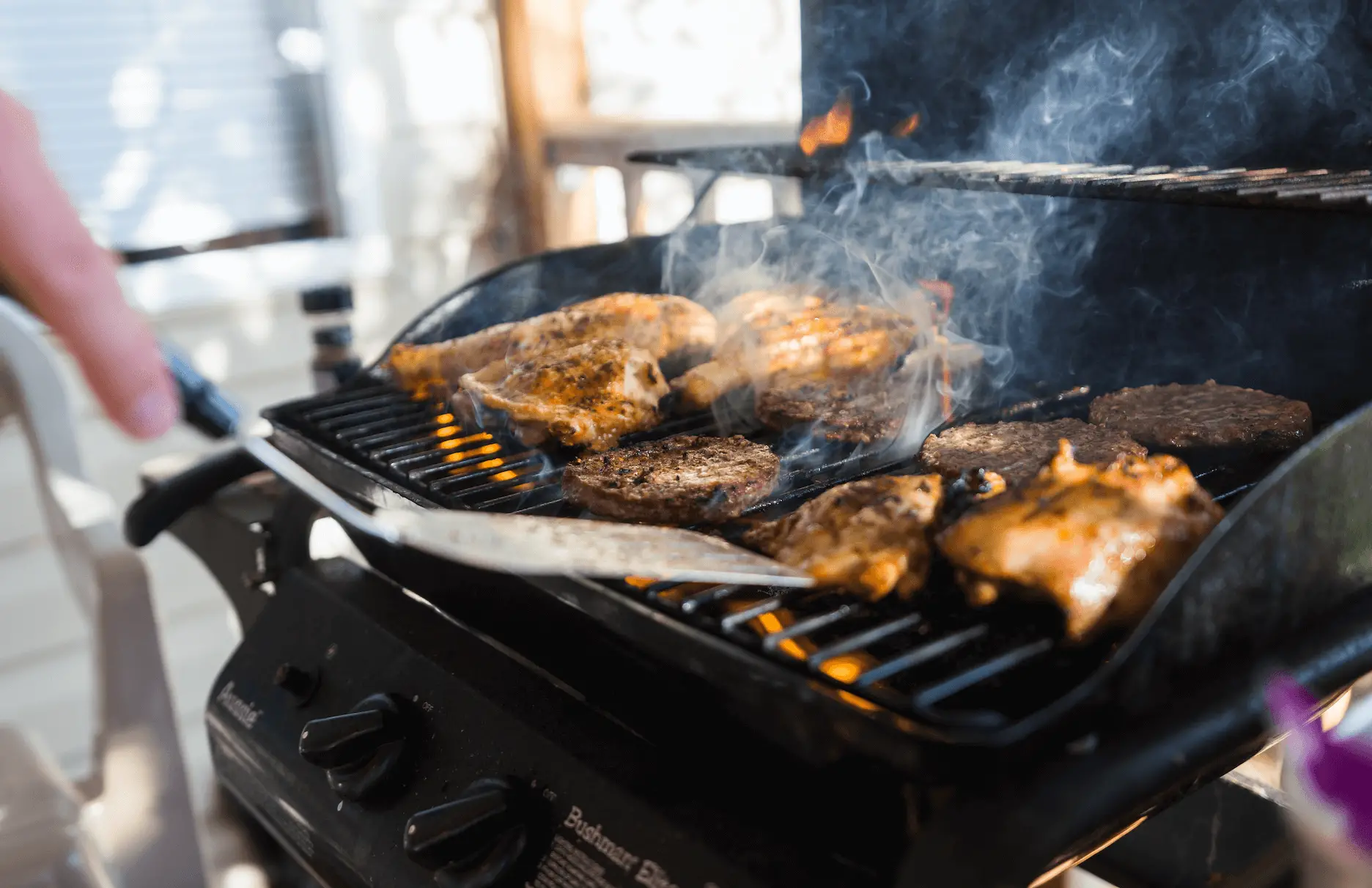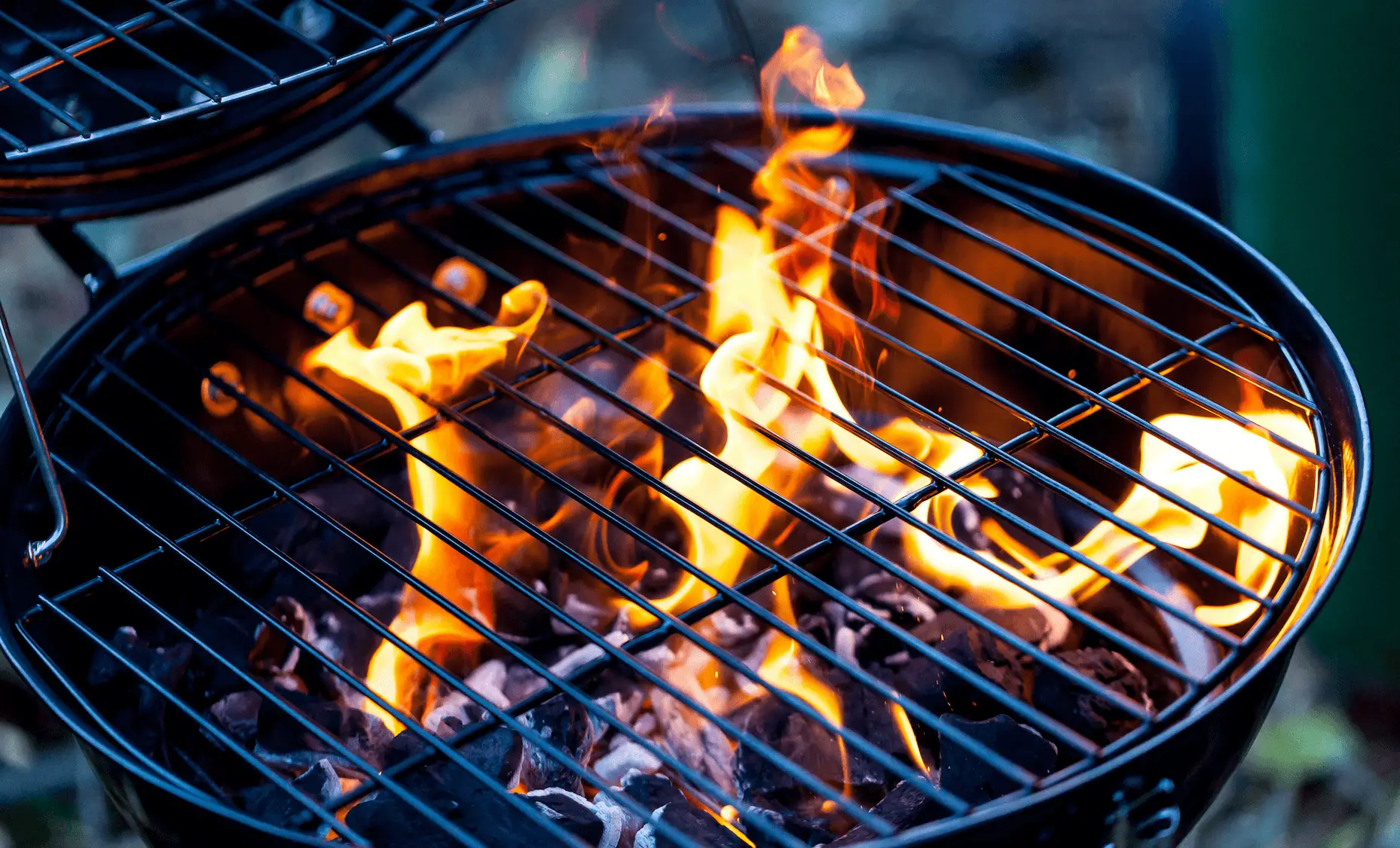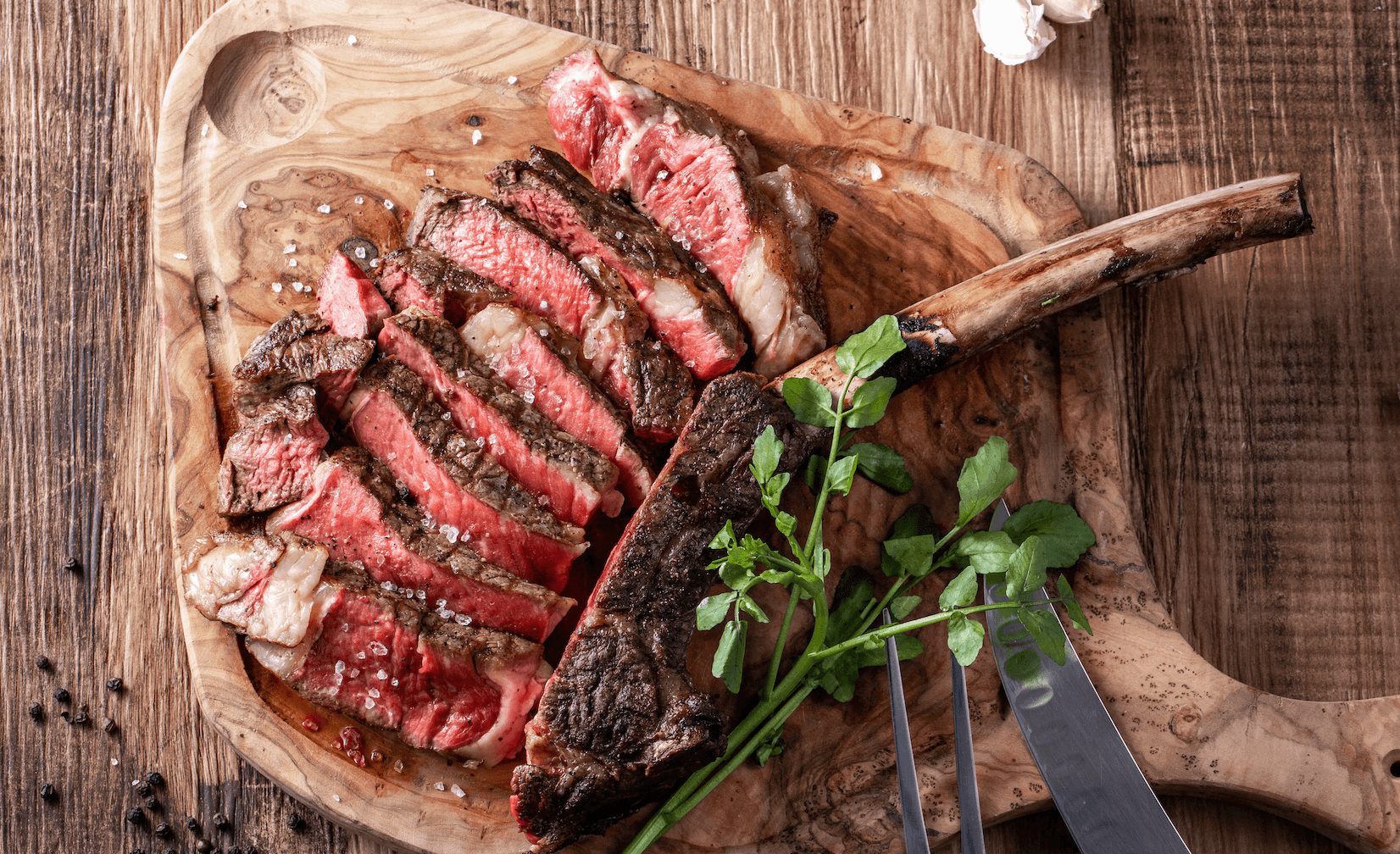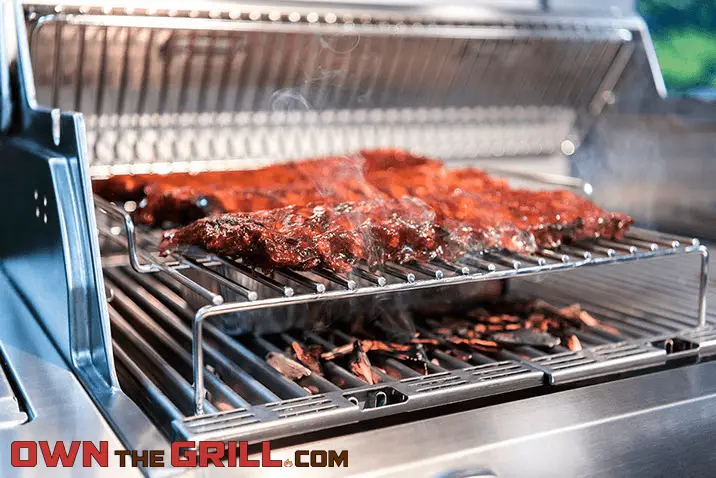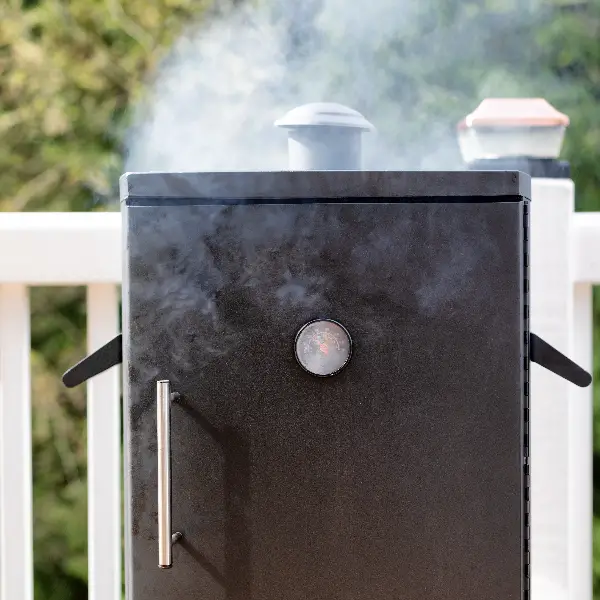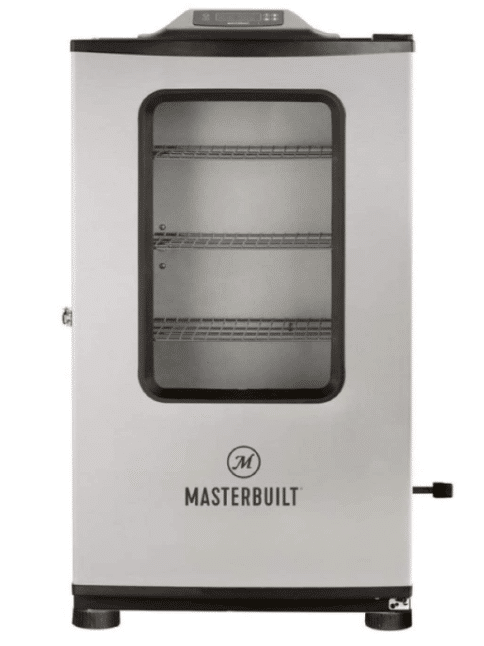This content contains affiliate links. If you make a purchase after clicking a link on this page, we might receive a commission at no cost to you.
If you’ve made your way to this article, odds are you fall into one of two camps.
Either you’re preventatively searching for information on how to safely put out your grill’s flame after you’re done using it.
Or, your fire went a little overboard and you need to learn how to put out a fire that’s gotten out of hand.
We’ll go over both of these how to put out a grill fire scenarios in this article, along with some tips and a complete guide on how to safely manage your flame while grilling.
How to Put Out a Grill Fire That’s Gotten Out of Hand
Flare ups typically occur when fat drippings and grease come off of your food, through the grates, and into your flame. If you aren’t paying attention, flare ups can get out of control, especially if fat and grease continue to drip into the flame.
If your flame has gotten way too big and out of control, here are the steps you need to take.
- Turn off your burners if you are using a gas grill. You’ll want to cut off the fuel source so that no more gas gets added to the fire. Only do this if you can safely reach the knobs.
- Smother the fire, do not pour or spray water into it. Doing so will spread the burning grease to a greater area. Use salt, baking soda, or sand to blanket and smother the flame.
- Close the lid and also shut all vents to help cut off oxygen to the fire.
- If the fire hasn’t calmed down after about 30 seconds, use a fire extinguisher to douse your grill.
- If your propane tank is involved in the fire, evacuate the area immediately and promptly call emergency services.
How to Prevent and Control Flare Ups
There are some precautions and measures you can take to help eliminate or reduce the risk of flare ups happening on your grill. Here are some suggestions for how to prevent flare ups, and how to control them when they do happen.
- Keep your lid open when possible, especially when searing. Sometimes grilling with the lid closed is ideal, but heat can’t build up and intensify with the lid open. If you want to greatly reduce the chance of flare ups, try keeping the lid open at least while you sear on high temperatures.
- Don’t overcrowd your grill with food. It’s not a bad thing to have food cooking very close to each other, you just can’t have the entire surface area of the grill covered with food. If a flare up does happen, you’ll want to move your food away from the flame.
- Trim fat, where possible. This one is a little bit of a balance, because fat greatly enhances our food’s flavor. But if you’re working with a cut of meat that has excess fat, it’s a good idea to trim it to reduce the risk of flare ups.
- Don’t overdo sauces, oils, and marinades. On a similar note, drippings from any sauces, oils, or marinades you might coat your food with can contribute to a flare up if it’s not done in moderation.
- Try to avoid wind. It sounds counterintuitive because a heavy gust of wind could also blow a gas grill’s flame out, but avoiding wind can reduce the probability of flare ups too. This is because wind forces oxygen through your grills’s vents and between the grates – which can help to fuel a flare up.
- Burn grease away if it begins to pool. If you notice pools of grease, remove your food (or place on an elevated warming rack), turn your heat on high with the lid open until the grease has burned off. Then put your food back and continue grilling!
- Don’t spray with water. Spraying a grease flare up with water can make things much worse and turn your manageable flare up into a dangerous one.
The Importance of Cleaning Your Grill
Properly caring for your grill can also greatly reduce the risk of a grill fire or flare ups during your next cook. Failure to take an extra 5 minutes after you’re done cooking to clean your grill can have future ramifications if you aren’t careful.
What you don’t want is for leftover grease and food particles to stick to your grill, only to light and catch on fire the next time you grill. After each use, you should scrub your grates with a grill brush at an absolute minimum.
Really though, you should take it a step further and wipe any accumulated grease off of your grates and grill with a paper towel or rag. It takes 5 minutes and will make your life easy and food taste better in the future.
Every 6 months or so, you should also deep clean your grill and truly give every nook and cranny a nice scrub and cleanse.
We have a few resources on how to clean specific types of grills right here:
How to Put Out a Grill Fire – Wrap Up
Hopefully you don’t deal with them often, but now you know how to put out a grill fire in case it does happen.
The best thing you can do to prevent grill fires and flare ups is to take the precautionary measures we outlined above. It also helps to just make sure you pay attention to your grill! A little bit of awareness and attention goes a long way in making sure your environment is safe.
Any tips you think we left off of this list? Let us know in the comments section below.


